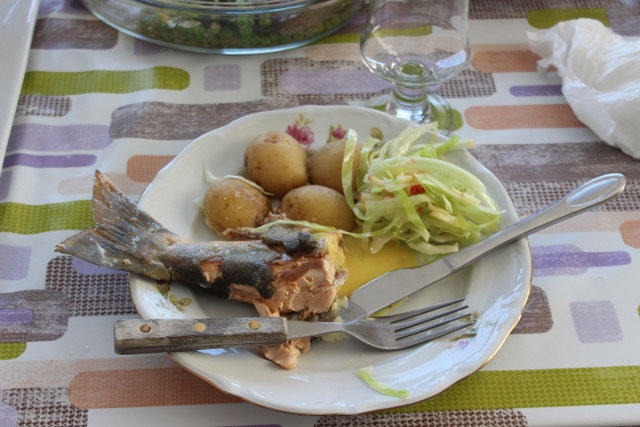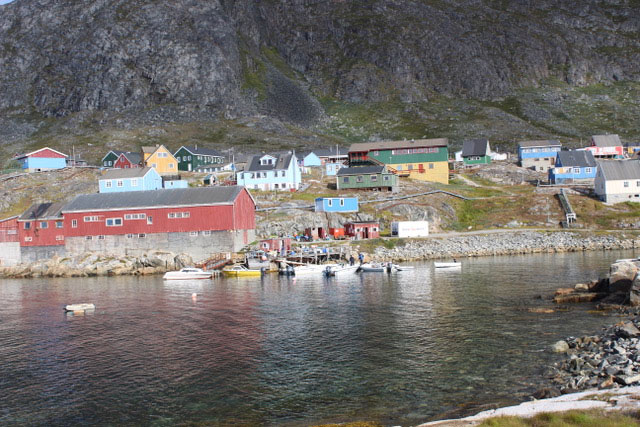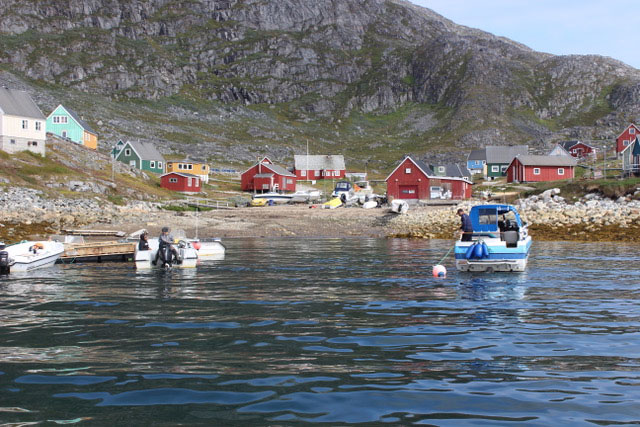Changes in Arctic biodiversity and ecosystem function affect coastal food provisions and livelihoods, and human activities near the coasts and ice edge have have an impact on biodiversity. Food maintains human-animal relations, mobility and commercial as well as more traditional activities such as hunting and gathering, trapping, fishing and arts and crafts, and are important for providing households with food, income, and a connection with culture and the environment. Small scale business development and entrepreneurship play an important role in community wellbeing, especially for women and young families. The critical links between gender and age in livelihood activities such as fisheries will be analyzed, focusing on key areas of livelihoods, which are fundamentally affected by globalisation and climate change, and building on earlier work by the Nordic Council of Ministers and cross-links to tourism.
More specifically, this part of FACE-IT will co-develop interactive scenarios with local stakeholders projecting changing coastal biodiversity of relevance for future high Arctic fisheries (Svalbard) and coastal livelihoods in West Greenland and Finnmark (Norway), based on a set of locally grounded narratives of potential futures. The narratives of potential futures will be elicited from interviews and participant observation in Greenland, Svalbard, and Finnmark. The scenarios will be co-developed with national fisheries management, local stakeholders in Svalbard and Finnmark, and local hunting and fishing communities in Greenland. Gender and age play a significant role in how communities experience and adapt to changes. In Greenland and Finnmark, young women tend to leave small villages to seek education and employment in urban areas, while the remaining population has an increasingly aging and male-dominated demography engaged in fisheries and hunting. In Svalbard, the transient population has an average time of residence of roughly 4 years, creating some challenges for continuity in policies and for adaptation to change. In this part of the project, we will address the gender and age dimensions in livelihood activities, while (together with the tourism research) applying and developing the conceptual framework of adaptive co-management to sustainably manage complex change processes under uncertainty in the transdisciplinary synthesis.
A range of scenarios for nature-based coastal Arctic livelihoods will be identified, and provide recommendations will be provided, as input to the transdisciplinary synthesis, for how knowledge coproduction and adaptive co-management of coastal resources for sustainable livelihoods can be improved.



